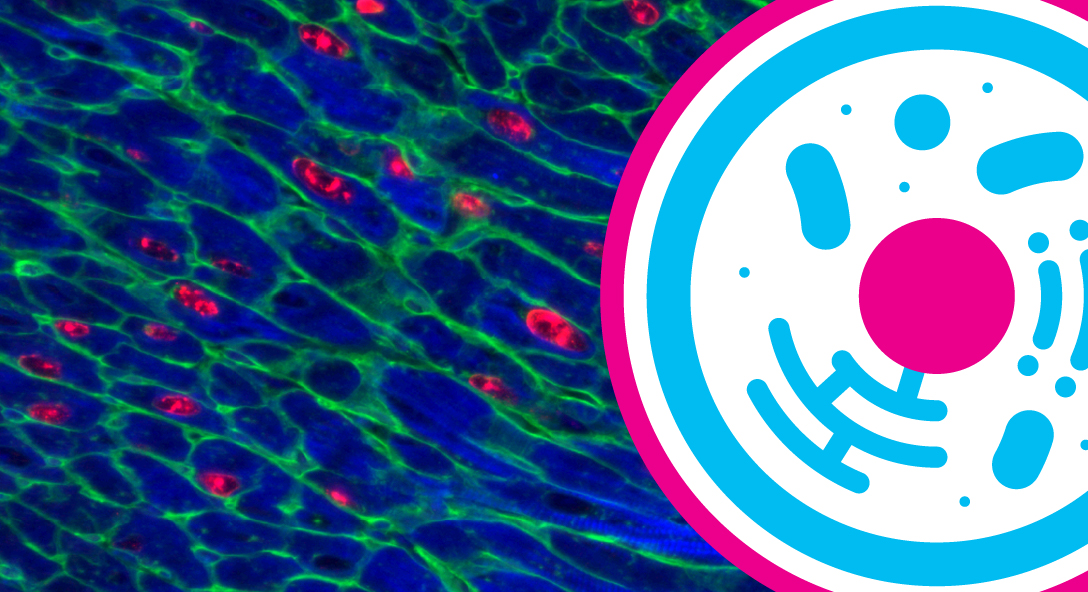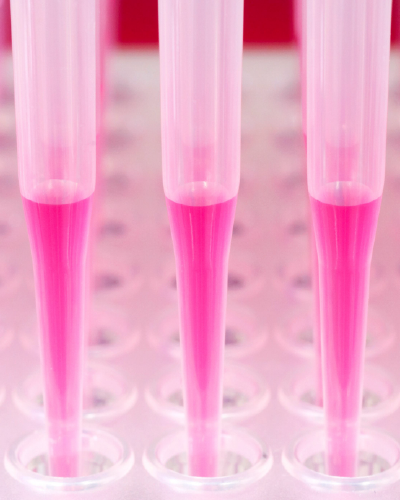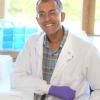Fundamental Biology of Cancer

A major research focus across the CRUK Cambridge Centre is furthering our understanding of the molecular and cellular changes which transform normal healthy cells into cancer cells, and which co-opt other cells in the body to support cancer growth and spread. Researchers and clinicians across the Programme work together to apply scientific discoveries to the clinic, from finding new ways of detecting cancer as early as possible to developing treatments to stop tumours from growing and spreading.

Many of the advances that have driven improvements in patient outcomes have been the result of basic cellular and molecular biology research.
Our Programme represents a team of over 200 laboratory researchers, based across 36 departments, institutes and organisations within Cambridge, who perform fundamental biological research at the very cutting edge of discovery. We encompass research groups who seek to understand the fundamental biology of cancer cells, how developmental processes influence this biology, and how cancer cells co-opt other cells in the body to support cancer growth and spread. Our work includes studies using model systems, such as flies, yeast, mice, and human cancer cells and tissues, as part of their research. Members of the Programme additionally use next-generation sequencing of DNA and RNA, mass spectrometry, cellular imaging, immune and stromal profiling, and structural studies to understand the building blocks of life.
Our collaborative aim across the Programme is to forward-translate novel fundamental biological research towards the development and refinement of cancer diagnostics and treatments, whilst concurrently reverse-translating insights from clinical trials back to basic research laboratories to assist with development of better anti-cancer therapies. In doing so, we are expanding the expertise and infrastructure within leading-edge basic cancer research.
Our ultimate goal is to influence patient care by understanding the fundamental molecular and cellular processes which drive cancer.
Main image: Adult mouse heart 48 hours after activation of Myc together with Ccnt1 expression. Red shows cells replicating (phospho-histone H3), green marks cell membranes (wheat germ agglutinin), and blue marks cardiomyocyte muscle cells (cardiac troponin). Credit: Cathy Wilson, Department of Biochemistry/Department of Pharmacology, University of Cambridge.




















